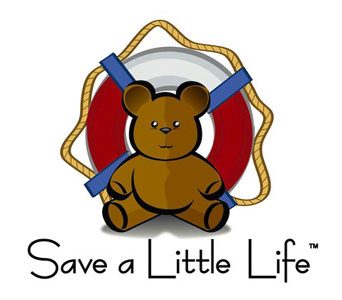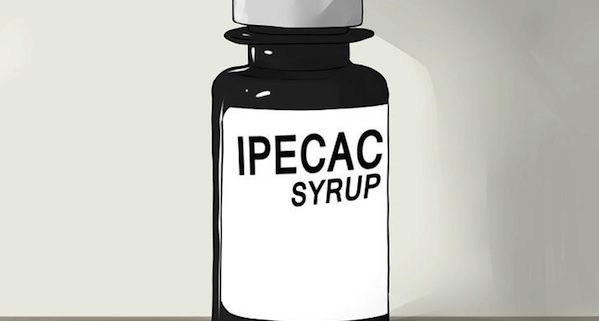SYRUP OF IPECAC NO LONGER RECOMMENDED
Up until 2003, the The American Academy of Pediatrics (AAP) was advising that parents keep a 1-ounce bottle of syrup of ipecac in the home to induce vomiting if it was feared a child had swallowed a poisonous substance. Ipecac was recommended for use only on the advice of a doctor or poison control center.
In 2003, however, AAP revised their recommendations, advising that syrup of ipecac no longer be used routinely as a home treatment strategy.
Why the Change?
Although it seems to make sense to induce vomiting after the ingestion of a potentially poisonous substance, ipecac was never proven to be effective in preventing poisoning. and research failed to show benefit for children who were treated with it. This was the key reason for the policy change.
It is also important to note that poisoning deaths have dropped dramatically over the last 50 years and that most emergency rooms have stopped using the drug in favor of the more effective activated charcoal. Research has shown that ipecac medication has been improperly administered by parents, and has been abused by people with eating disorders such as bulimia. In rare cases, ipecac was used abusively by parents or caregivers with Munchausen Syndrome By Proxy (a type of child abuse). Abuse of ipecac can lead to heart problems and even death.
The AAP now stresses that prevention is the best defense against unintentional poisoning, and that parents should keep potential poisons locked out of sight and out of reach. They also recommend never transferring a substance from its original to an alternate container, and safe disposal of all unused and no longer needed medications.
NOTE: The American Academy of Pediatrics is an organization of 57,000 primary care pediatricians, pediatric medical subspecialists and pediatric surgical specialists dedicated to the health, safety and well-being of infants, children, adolescents and young adults.
PARENTS ARE STRONGLY ADVISED TO KEEP THE PHONE NUMBER
FOR POISON CONTROL POSTED NEAR THE PHONE



